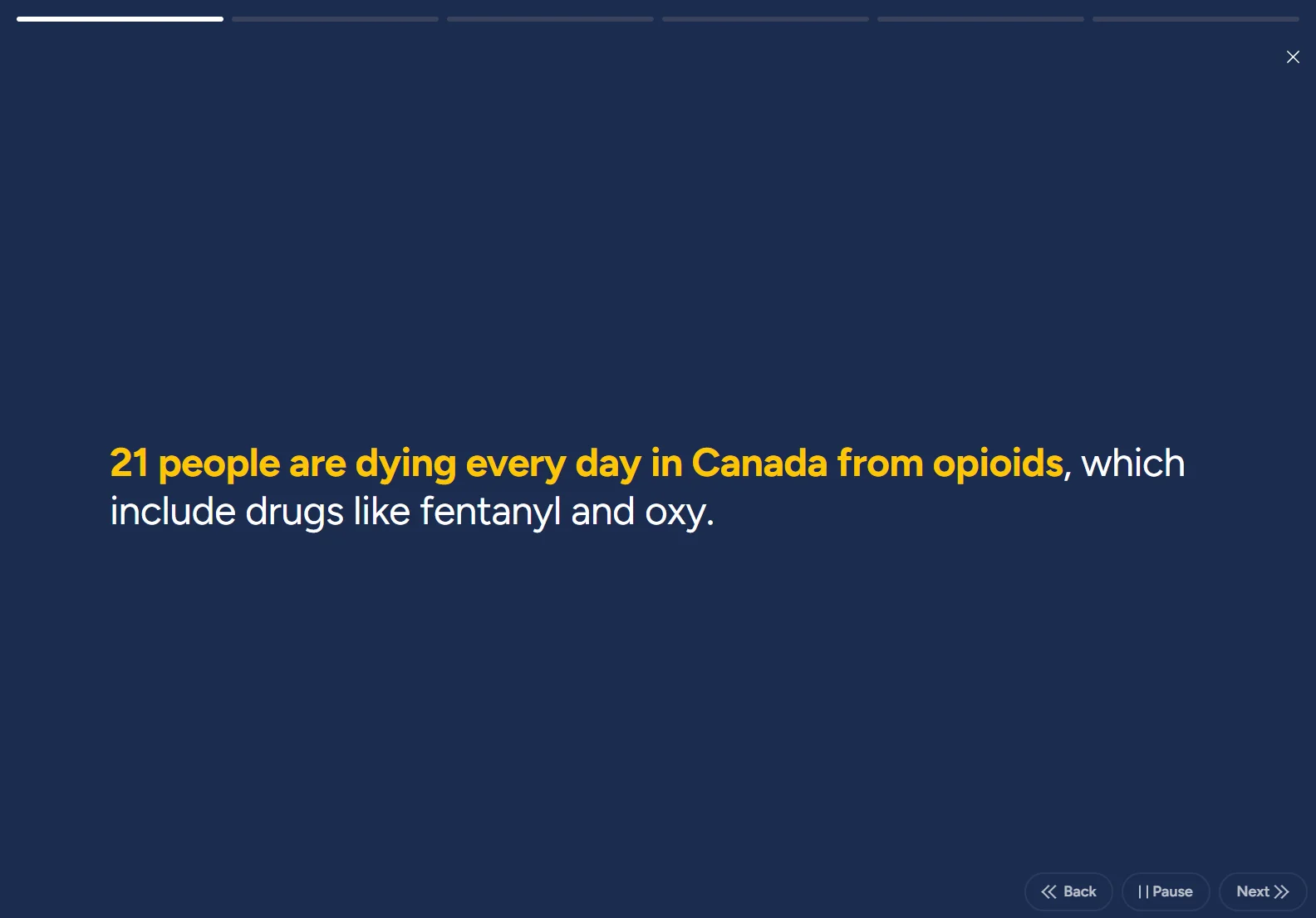Level Up: Understanding the Dangers of Opioids
Opioids are powerful painkillers, but they also carry significant risks. Misuse can lead to addiction, overdose, and death. This article explores the dangers of opioids, focusing on the disproportionate impact on men in trades and highlighting resources for support and recovery.
The Hidden Crisis Among Men in Trades
In Canada, opioid-related deaths are tragically high, with men accounting for a significant portion of these fatalities. Alarmingly, a substantial number of these men worked in trades. This is often due to a combination of factors, including:
- Stigma: Men in trades often face pressure to suppress their struggles with opioid use or mental health issues.
- Lack of Awareness: Friends, family, and coworkers may be unaware of the problem, delaying intervention.
- Mental Health Co-morbidity: A high percentage of men hospitalized for opioid use also experience mental health challenges.
The Impact on Indigenous Communities
The opioid crisis disproportionately affects Indigenous peoples, with significantly higher rates of toxic drug poisoning deaths. This disparity is linked to the lasting impacts of colonization and limited access to culturally appropriate healthcare.
Recognizing the Signs and Offering Support
Opioid addiction is often hidden, making it crucial to learn the signs and understand how to offer support. Key indicators may include changes in behavior, mood, or physical health. It's essential to approach the situation with kindness, understanding, and empathy. Remember, offering support can make a life-altering difference.
Resources and Support
Numerous resources are available to help individuals struggling with opioid addiction and their loved ones. These include:
- Harm reduction services: Provide safe spaces and resources to reduce the risks associated with opioid use.
- Withdrawal and recovery services: Offer medically assisted treatment and support to help individuals overcome addiction.
- Mental health services: Address co-occurring mental health issues that often accompany opioid addiction.
Contact Information:
- National Overdose Response Service: 1-888-688-6677
- Emergency Services: 911
- Non-Emergency Advice: 811
(Note: Regional resources are also available. Contact your local health authority for more information.)
Conclusion
The opioid crisis is a complex issue with devastating consequences. By raising awareness, reducing stigma, and providing support, we can help save lives and create healthier communities. Remember, seeking help is a sign of strength, not weakness. No one should have to face this challenge alone.

